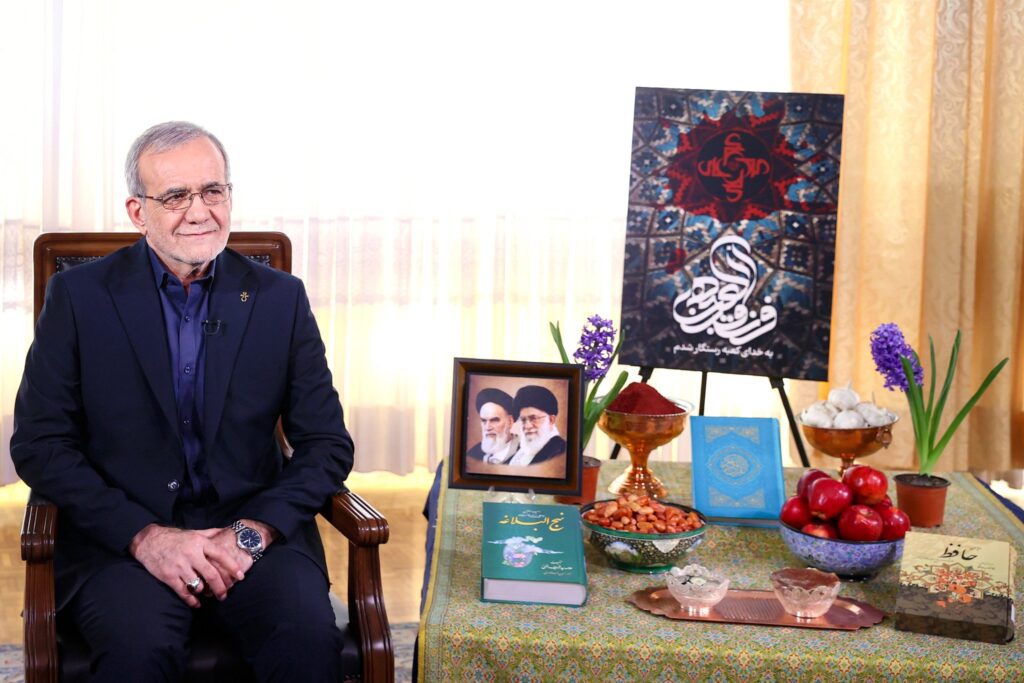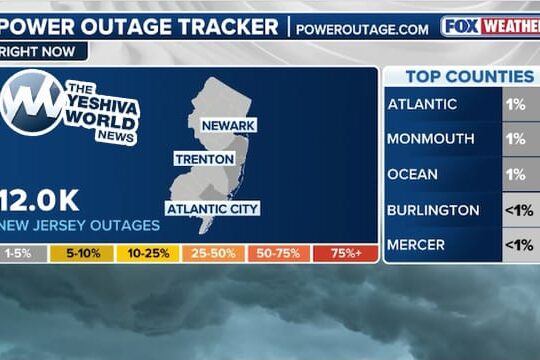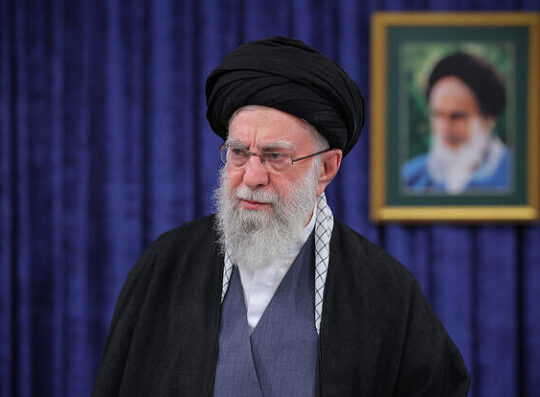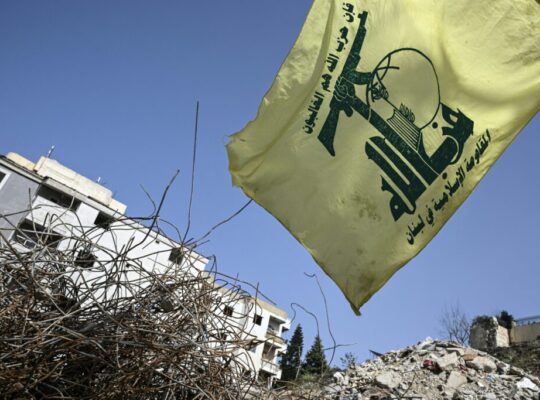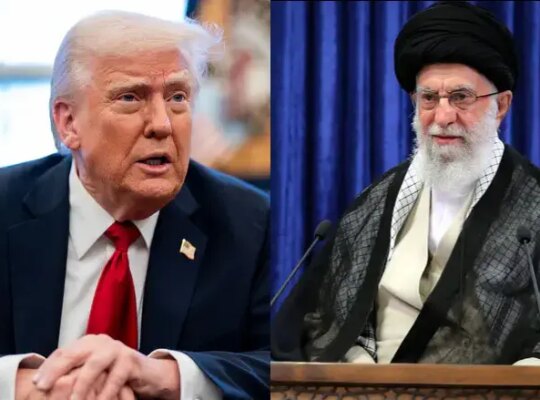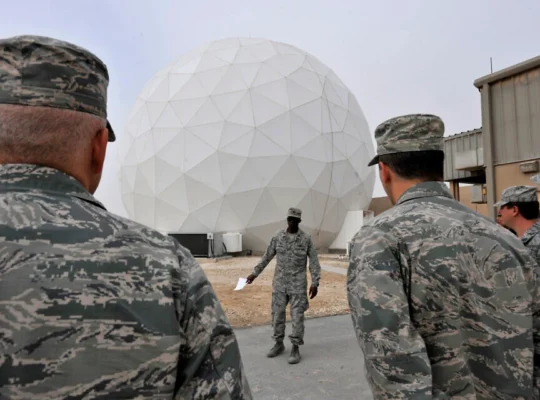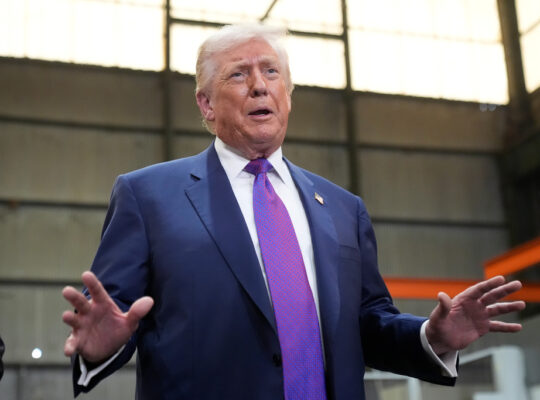If Iranian Revolutionary Guard-affiliated media reports are accurate (and President Masoud Pezeshkian’s own admissions to Tucker Carlson suggest credibility), Israel executed perhaps its most consequential stroke of luck during last month’s 12-day war with the regime.
According to Fars News Agency, President Pezeshkian sustained a leg injury following the June 16 airstrike targeting a building housing Iran’s Supreme National Security Council in western Tehran. Six bombs or missiles hit entry and exit points in what appears calculated to trap officials inside, yet the 70-year-old president escaped through an emergency hatch with only minor wounds.
The operational sophistication described in the report (targeting exits, cutting power, disrupting airflow) aligns with established Israeli capabilities. But the outcome suggests not deliberate constraint but remarkable fortune. In asymmetric warfare, such distinctions between intention and accident can determine the trajectory of entire conflicts.
The Reformist Hope They Nearly Eliminated
Pezeshkian had been elected a year earlier on promises of engaging with the West, reducing social restrictions, and bringing moderation back to Iranian governance after years of conservative hardline rule.
His victory broke three years of conservative dominance and offered Iranians their first glimpse of potential liberalization since the brutal suppression of the 2022 protests. Of course, promises in Iran are not sacred, as his presidency has been marked by record-breaking execution numbers, with at least 975 people executed in 2024, nearly 70% occurring under his watch, according to Iran Human Rights (IHRNGO).

The Escalation Mathematics
Since Oct. 7, 2023, Israel has methodically eliminated Hamas leaders, Hezbollah commanders, and senior IRGC officials with minimal strategic blowback. Presidential assassination operates under entirely different mathematics. While terrorist leaders and military commanders represent tactical targets, heads of state embody national sovereignty itself, even if that state is the world’s leading sponsor of terror. And Pezeshkian represents a state of 78 million compared to Israel’s 10 million, just for comparison.
Dead Presidents Can’t Negotiate
Furthermore, dead presidents cannot negotiate ceasefires. Pezeshkian’s survival allowed him at least openness to renewed nuclear talks with Washington during his interview with Carlson, diplomatic possibilities that would have vanished with his assassination.
Revolutionary Guard media certainly has incentives to exaggerate Israeli capabilities and intentions. However, Pezeshkian’s detailed account to American media (describing Israeli intelligence on meeting locations and tactical execution) suggests substantial accuracy in core claims.
“They did try, yes,” Pezeshkian told Tucker Carlson. “They acted accordingly, but they failed.” Whether through divine intervention, as he suggests, or operational limitations, for Israel’s long-term security in a volatile region, the target they accidentally didn’t eliminate may prove as strategically significant as any they did.
Source link


